Finland and the UAE have interesting parallels in their economic development. The UAE is investing heavily in developing the bases for its’ knowledge economy for the post-oil era, which in essence is the same transformation that Finland had to undergo in 1990’s after the decline of the paper industry. Both countries focus on the same priorities, namely specialization in selected industries, education, innovation, strategic partnerships, and parallel socio-economic development. The means and contexts are different, but there are approaches and learnings that the Finns experimented with, and could share with the UAE, and in a dialogue assess their applicability to the local situations.
One of the key pillars for the Finnish transformation was the ecosystem focused approach. Each stakeholder in the economic development was involved in their capacity, and new research and development, public procurement and economic support programs were experimented with. Focus was on joint collaboration, community building and building shared vision and consensus. National funding agencies and especially Business Finland was in a pivotal role in this development with the SHOK programs that developed the culture of consortium R&D, SME support programs that helped post-Nokia entrepreneurs, and international collaboration that opened doors to Europe for many Finnish companies.
Such models are adopted also in the UAE, especially in the public-private-partnership programs, where the focus is on innovativeness and co-creation. These government calls for proposals can be a great opportunity for Finnish companies to gain foothold in the market. Expo2020 is a tangible example of this, with numerous Finnish companies being awarded grants and deals with the organizers.
The second key pillar was openness and innovation. Government programs were open for all participants, and the expectation was to create new jobs, engage with start ups and target international growth. Public sector took a pro-active role in development, and focused on improving citizen perception of public governance through extensive citizen engagement programs. Academia worked extensively with both sectors in order to ensure the relevance and rigor of their research. Openness and participatory innovation methods worked well with highly educated citizens that take inclusiveness and opportunity to influence societal development as a default assumption.
Current COVID-19 pandemic has shown the importance and power of societal resilience. As we are slowly recovering and discovering what is the new normal for us, there is a call for innovations for the whole range of everyday life events. Finnish way of living has always been supporting circular economy and sustainability by default. Some of the recycling, sharing economy and prosumer behaviors are so ingrained in our minds that we may not even realize their value as exports. Such areas include food production, alternative medicine, preventative healthcare and recycling, among others. The opportunity is there, it is now up to us to consider how to package them as attractive commercial offering!
FBC will continue to inform its’ members of these opportunities. Networking events and industry specific programs will further help finding value chain partners for building joint offering and innovations. Please stay tuned and help us match the right competences with the emerging opportunities in the UAE market!
Author is Petra Turkama
Chairman of FBC
